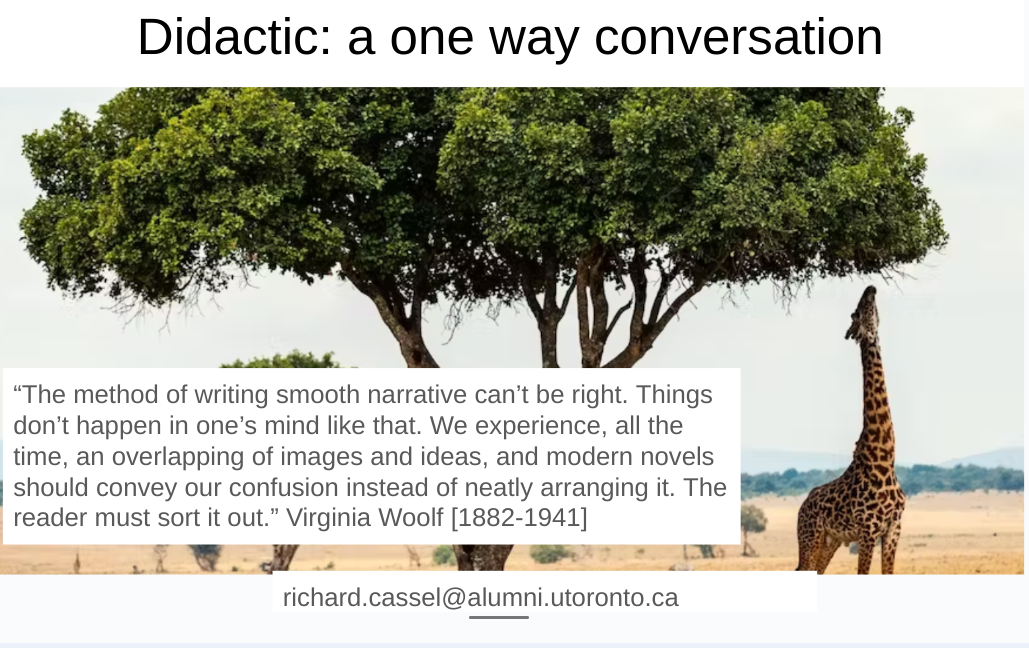
Japanese man certified as double A-bomb victim
By Mari Yamaguchi
Associated Press Writer / March 24, 2009
TOKYO—A 93-year-old Japanese man has become the first person certified as a survivor of both U.S. atomic bombings at the end of World War II, officials said Tuesday.
Tsutomu Yamaguchi had already been a certified "hibakusha," or radiation survivor, of the Aug. 9, 1945, atomic bombing in Nagasaki, but has now been confirmed as surviving the attack on Hiroshima three days earlier as well, city officials said.
Yamaguchi was in Hiroshima on a business trip on Aug. 6, 1945, when a U.S. B-29 dropped an atomic bomb on the city. He suffered serious burns to his upper body and spent the night in the city. He then returned to his hometown of Nagasaki just in time for the second attack, city officials said.
"As far as we know, he is the first one to be officially recognized as a survivor of atomic bombings in both Hiroshima and Nagasaki," Nagasaki city official Toshiro Miyamoto said. "It's such an unfortunate case, but it is possible that there are more people like him."
Certification qualifies survivors for government compensation -- including monthly allowances, free medical checkups and funeral costs -- but Yamaguchi's compensation will not increase, Miyamoto said.
Japan is the only country to have suffered atomic bomb attacks. About 140,000 people were killed in Hiroshima and 70,000 in Nagasaki.
Yamaguchi is one of about 260,000 people who survived the attacks. Bombing survivors have developed various illnesses from radiation exposure, including cancer and liver illnesses.
Details of Yamaguchi's health problems were not released.
Thousands survivors continue to seek official recognition after the government rejected their eligibility for compensation. The government last year eased the requirements for being certified as a survivor, following criticism the rules were too strict and neglected many who had developed illnesses that doctors have linked to radiation.
------
An earlier reference to the A-bomb
here.






































onFlickr.jpg)











